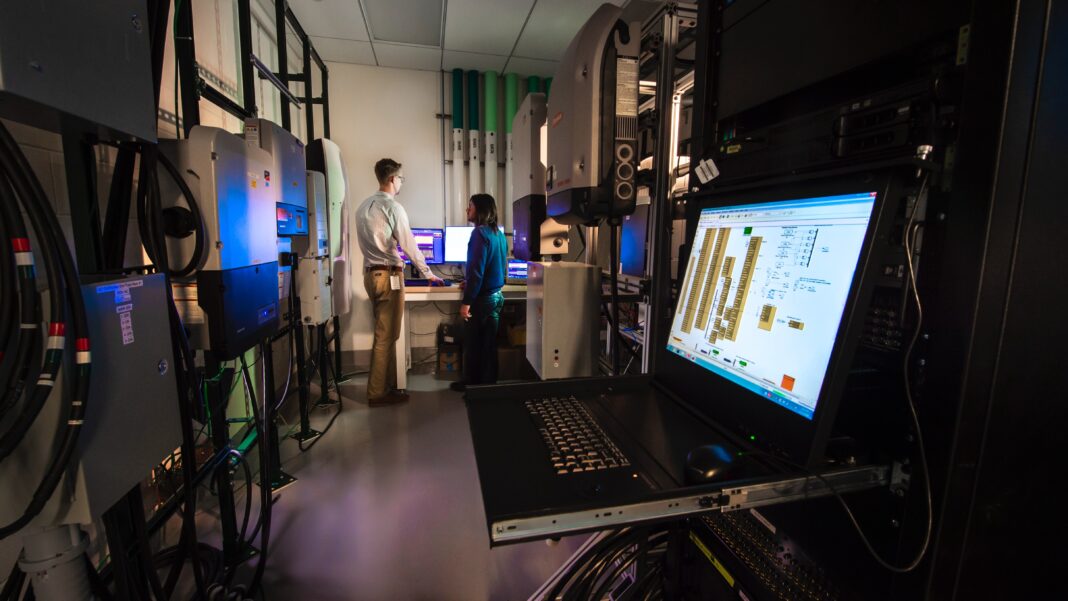CALIFORNIA—The National Science Foundation (NSF) along with the White House Office of Science and Technology, announced a $25 million award for the University of California Berkeley to create a Quantum Leap Challenge Institute for Present and Future Quantum Computation on July 21.
The award is part of $75 million awarded to three universities that will lead and establish three institutions to solve problems of quantum science. The other two universities are the University of Colorado and the University of Illinois, Urbana-Champaign.
Quantum science explains the nature of particles: how subatomic particles like protons, electrons, and neutrons interact with each other. Previous research in this field has helped develop technology like quantum computers, sensors, and communications.
“Quantum information science has the potential to change the world,” said NSF Director Sethuraman Panchanathan in an NSF press release. “But to realize that potential, we must first answer some fundamental research questions.”
The Quantum Computing Institute will focus on designing advanced, large-scale quantum computers, and efficient algorithms for these computers. Quantum computers use the behavior of subatomic particles to increase computing power. Fully developed, they’ll be faster than today’s supercomputers. They can be used in various fields like medicine, pharmaceuticals, and science.
The institute will be multidisciplinary involving physics, chemistry, mathematics, optical and electrical engineering, and computer science fields. They plan on partnering with other institutions to conduct workshops and symposiums. UCLA’s Physics and Astronomy Department is planning on establishing a master’s program in Quantum Science and Technology to train graduate students for the quantum science field.
The new institute led by UC Berkeley also includes UCLA, UC Santa Barbara, University of Southern California, California Institute of Technology, Massachusetts Institute of Technology, University of Washington, and University of Texas-Austin.







